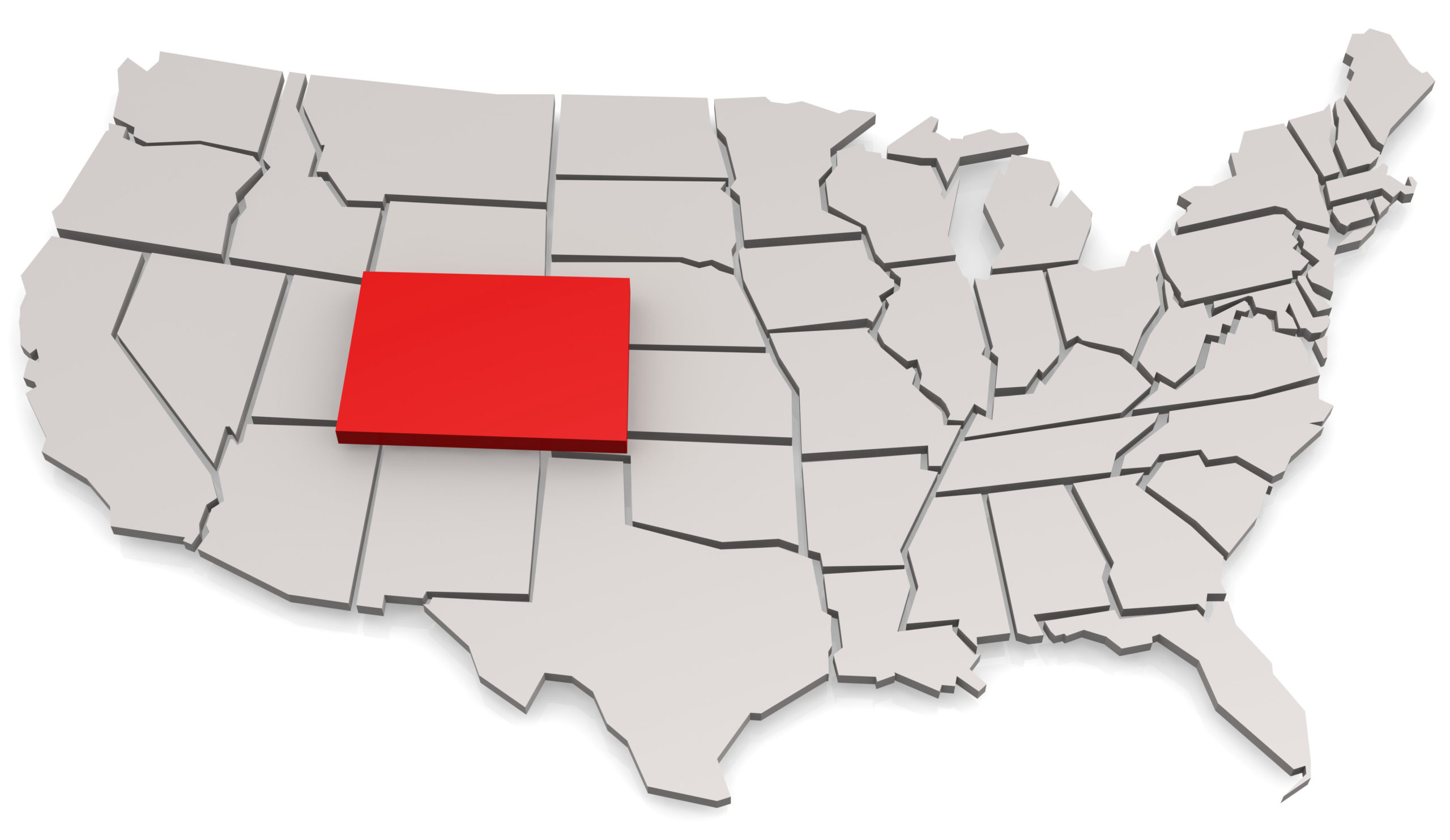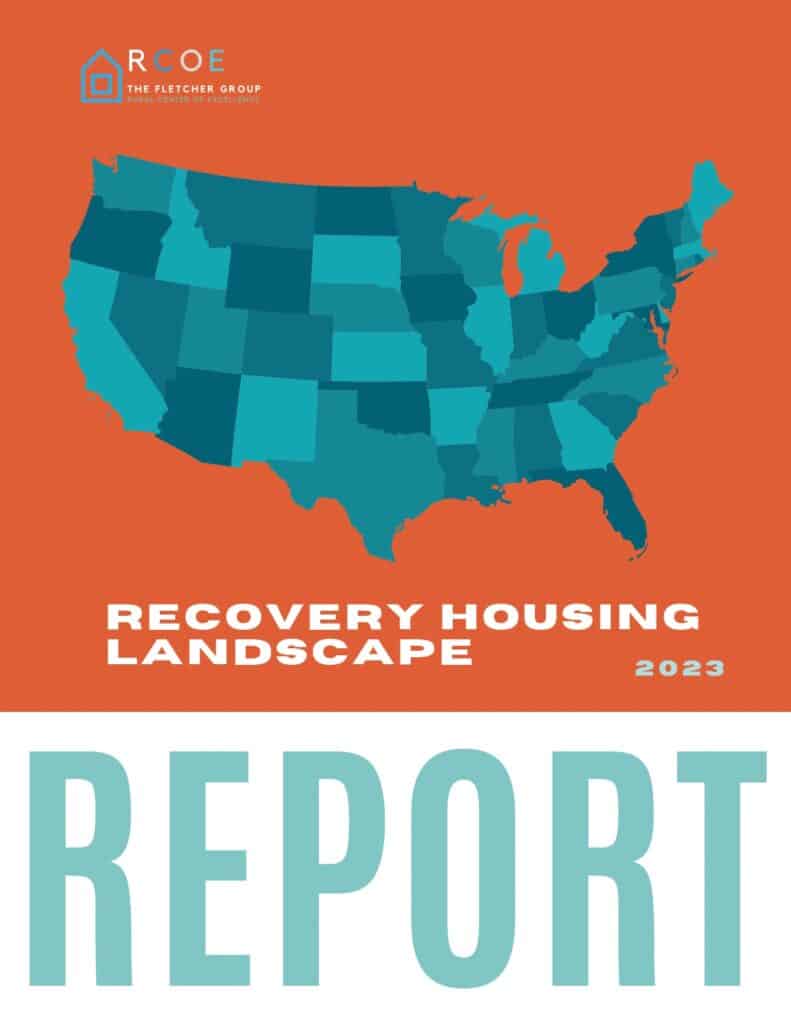
Colorado State Laws, Policies and Funding
RH terminology used by the Colorado Department of Human Services (CDHS), Office of Behavioral Health
Recovery Residence:
https://bha.colorado.gov/blog-post/new-certifying-body-for-recovery-residences
“The state is also investing in recovery housing, which provides safe, substance-free living environments that support people in recovery.”
https://bha.colorado.gov/press-release/september-is-national-recovery-month-in-colorado
Accreditation, Certification, and State Licensing Requirement: Certification required for the operation of a home and for a referral to a home.
RH Law(s): SB21-137 (2021) Enacts appropriations to establish a recovery residence certifying body to certify recover residences and educate and train recovery residence owners and staff on industry best practices. https://leg.colorado.gov/bills/sb21-137
SB 20-007 (2020) Prohibits recovery residences from denying access to medical or substance use disorder treatment services, including recovery services, to persons who are participating in prescribed medication-assisted treatment for substance use disorders. https://leg.colorado.gov/bills/sb20-007
HB 19-1009 (2019) Concerning supports for persons recovering from substance use disorders, and, in connection therewith, expanding a program in the Department of Local Affairs that provides vouchers for housing assistance to certain individuals, creating standards for recovery residences for purposes of referrals and title protection, creating the opioid crisis recovery funds advisory committee, creating the recovery residence certification grant program, and making an appropriation. https://leg.colorado.gov/bills/hb19-1009
RH Legislation: None/unknown
Regulations: None/unknown
SABG Program: The “Planned Priority Areas” documents for your state’s Substance Abuse Prevention and Treatment Block Grant (SABG) program and Community Mental Health Services Block Grant (MHBG) program specifically mention recovery housing as a priority, nor do they list recovery support services as an allowable activity. To learn more about specific recovery housing activities that are eligible for funding through these grant programs, please reach out to your state’s Single State Agency (SSA) that’s responsible for administering these funds by visiting https://cdhs.colorado.gov/behavioral-health
SOR Program: Your state’s Department of Health and Social Services (DHSS) has previously funded recovery activities using State Opioid Response (SOR) funds. To learn more about specific recovery housing activities that are eligible for funding through this grant program, please reach out to your state’s Single State Agency (SSA) that’s responsible for administering these funds by visiting https://cdhs.colorado.gov/behavioral-health
Medicaid Funding: Nothing in the state Medicaid plan suggests direct support for RH, however, certain covered activities could evolve to be provided in RH settings include skills training, peer support, counseling, and case management.
https://hcpf.colorado.gov/accountable-care-collaborative-phase-ii-provider-and-stakeholder-resource-center#Behavioral%20Health%20Services
NARR Affiliate Status: Yes, Colorado Association for Recovery Residences (CARR)
Housing Assistance Funding: https://www.chfainfo.com/
Directory/Registry: https://carrcolorado.org/certified-recovery-residences/
Colorado Funders
Colorado Health Foundation
The Colorado Health Foundation is based in Denver, Colorado and was established in 1995 as the HealthONE Alliance, when the nonprofit hospital system HealthONE created a partnership with Hospital Corporation of America (HCA). Assets grew significantly when the partnership was dissolved, and HCA became the sole owner. The Foundation supports programs that improve the health of Colorado’s communities.
Regions: The Colorado Health Foundation serves all areas of Colorado, including both rural and non-rural counties. Examples of rural counties served include Alamosa, Garfield, Huerfano, Phillips, Routt, and San Miguel.
Issues Supported: The Colorado Health Foundation supports initiatives that address all aspects of health, including physical health, mental health, and community health. Examples of focus areas include access to primary care, increasing physical activity, childhood development, food access, and affordable housing.
Grant Process and Application: The Colorado Health Foundation has a recent funding opportunity aimed at supporting Colorado residents in recovery. Grants through this funding program support access to non-clinical services for individuals struggling with mental health and substance use issues. Grant application deadlines usually fall in February and June on a yearly basis. Find out more information about the grant application process by visiting the Foundation’s website.
Grant-Making Per Year: In 2019, the Foundation provided grants in the amount of $95 million.
Recovery and Supportive Housing Grantee Example: Crossroads Turning Points is a grantee located in partially rural Pueblo County, Colorado. Crossroads provides a variety of services for individuals struggling with addiction, including treatment options and sober living opportunities.
Community Foundation of Northern Colorado
The Community Foundation of Northern Colorado was founded in 1975 by local citizens and the Fort Collins Mayor Karl Carson. The Foundation’s mission is to unify and inspire the communities of the area.
Regions: The Foundation serves the communities of Northern Colorado, including both rural and non-rural counties. Examples of rural counties served include Gunnison, Logan, and Pitkin. Regional committees are located throughout the area, and communities of focus include Berthoud, Eastern Colorado, Estes Valley, Fort Collins, and Loveland.
Issues Supported: Issue areas receiving the most grant dollars include health, human services, education, and public affairs.
Grant Process and Application: The Foundation has several Community Fund Committees whose grant programs have July deadlines, while the Fort Collins and Loveland Community Fund Committees have rolling grant cycles. The Foundation encourages you to connect with the Philanthropic Services team to determine if your group and project match with the Foundation’s mission. Find out more information regarding grant applications by visiting the Foundation’s website.
Grant-Making Per Year: In 2020, the Community Foundation of Northern Colorado provided grants in the amount of $9.9 million.
Recovery and Supportive Housing Grantee Example: The Harmony Foundation is a grantee located in Estes Park, in partially rural Larimer County. The Harmony Foundation provides treatment programs for individuals struggling with substance use disorder. The ReCommitment to Recovery program is a specific program for individuals who have relapsed and are seeking sobriety. Program participants live on the Harmony campus and have access to services including relapse prevention services, peer support, and case management support.
El Pomar Foundation
The El Pomar Foundation was established by Spencer Penrose, a businessman in mining and real estate, and Julie McMillan, a founder of Broadmoor Art Academy and Central City Opera. The
couple established El Pomar Foundation in 1937 to support the well-being and future of all Colorado residents. The Foundation is based in Colorado Springs, Colorado.
Regions: The Foundation serves all areas of Colorado, including both rural and non-rural counties. Examples of rural counties served include Alamosa, Archuleta, Conejos, and Eagle.
Issues Supported: El Pomar Foundation’s funding interests are broad. Arts and culture, education, sports and recreation, and human services are a few key funding areas. Other specific areas of interest include addiction services, nutrition, and natural resources.
Grant Process and Application: El Pomar Foundation uses an online grant application portal and has several deadlines each year. Find out more about the grantmaking process by visiting the Foundation’s website.
Grant-Making Per Year: In 2020, El Pomar Foundation provided grants in the amount of $17.5 million.
Recovery and Supportive Housing Grantee Example: Step, located in Denver, is a recovery center that provides services to men struggling with substance use disorders. Step provides sober living homes designed for men who have completed the previous stages of treatment. The sober living home is designed to provide a safe, structured environment while facilitating reintegration into society.
Colorado Opioid Settlement Funds
Total Settlement Funds in Colorado
- $385 million
Fund Distribution
- 10% will be allocated to the state
- 10% will go towards statewide projects for opioid abatement
- 20% will go to local governments
- 60% will go to regions of Colorado
- The Opioid Crisis Recovery Fund Committee and regional governing boards will oversee spending
Timeline
- Funds from three distributors will be paid over 18 years
- The bulk of settlement funds from Johnson & Johnson will be paid during the first 3 years
- $1.71 million expected in the fourth quarter of 2022
Application Process
- Not established
Key Contacts
- •Office of the Attorney General Phil Weiser, 720-508-6000
- •Heidi Williams, Director of Opioid Response, Office of the Attorney General, opioids@coag.gov
Key Links
- Colorado Opioids Settlement Memorandum of Understanding
How About Your County?
To get a quick overview of the resources available in your county, including gaps that may need to be addressed, visit the Recovery Ecosystem Index Map developed through a partnership between the Fletcher Group Rural Center of Excellence, the NORC Walsh Center at the University of Chicago, and East Tennessee State University.
Need More Info?

A year in the making by a staff of ten, the Fletcher Group’s 82-page Recovery Housing Landscape Report provides an in-depth overview of the most recent laws, policies, and funding affecting recovery housing. You’ll find sections devoted to state laws, SAMHSA funding, Medicaid, corrections, and housing assistance plus numerous links to valuable resources and official documents. To see the complete downloadable report, click the image to the left.
This web page is supported by the Health Resources and Services Administration (HRSA) of the U.S. Department of Health and Human Services (HHS) as part of an award totaling $13.7 million with 0% financed with non-governmental sources.
The contents are those of the author(s) and do not necessarily represent the official views of, nor an endorsement, by HRSA, HHS, or the U.S. Government.